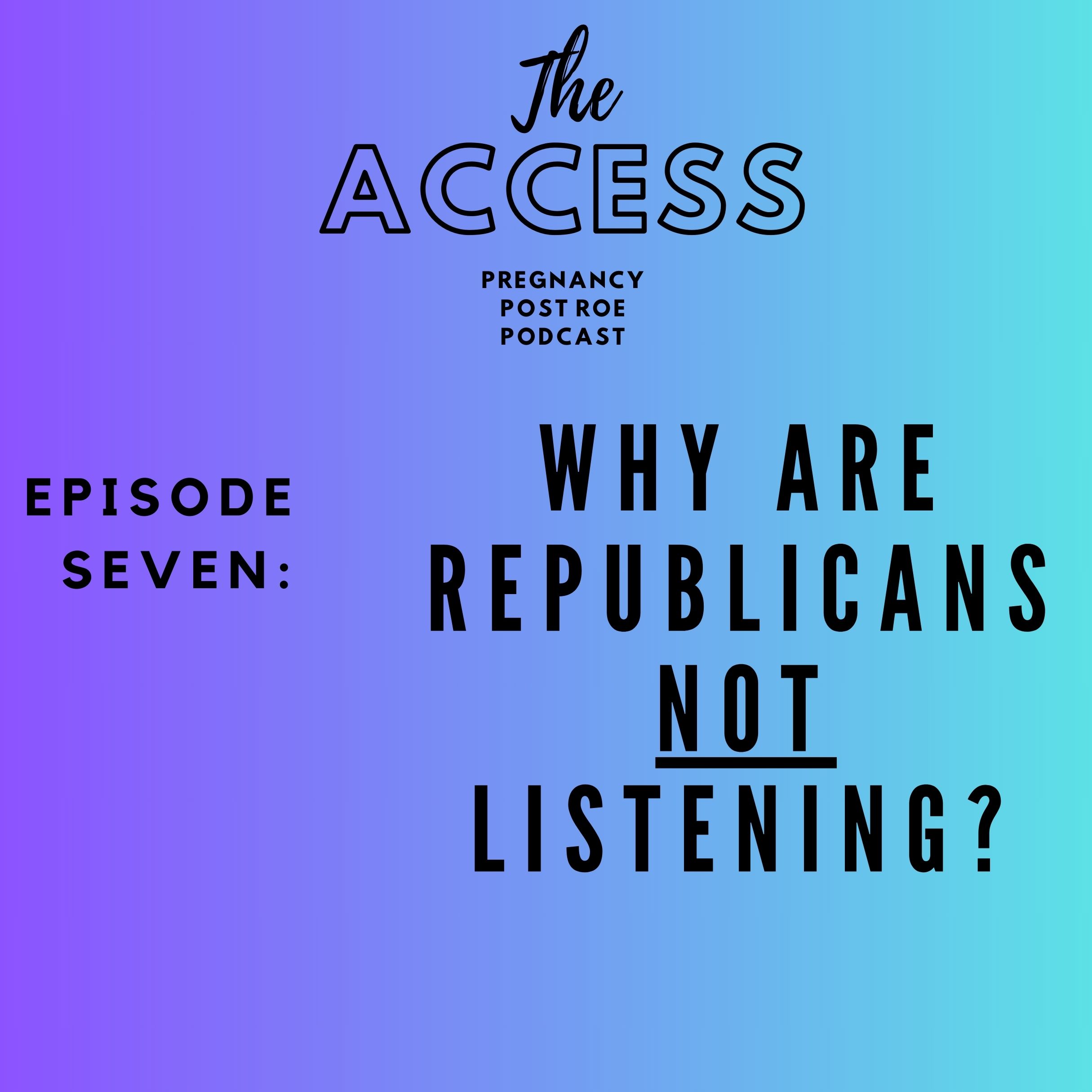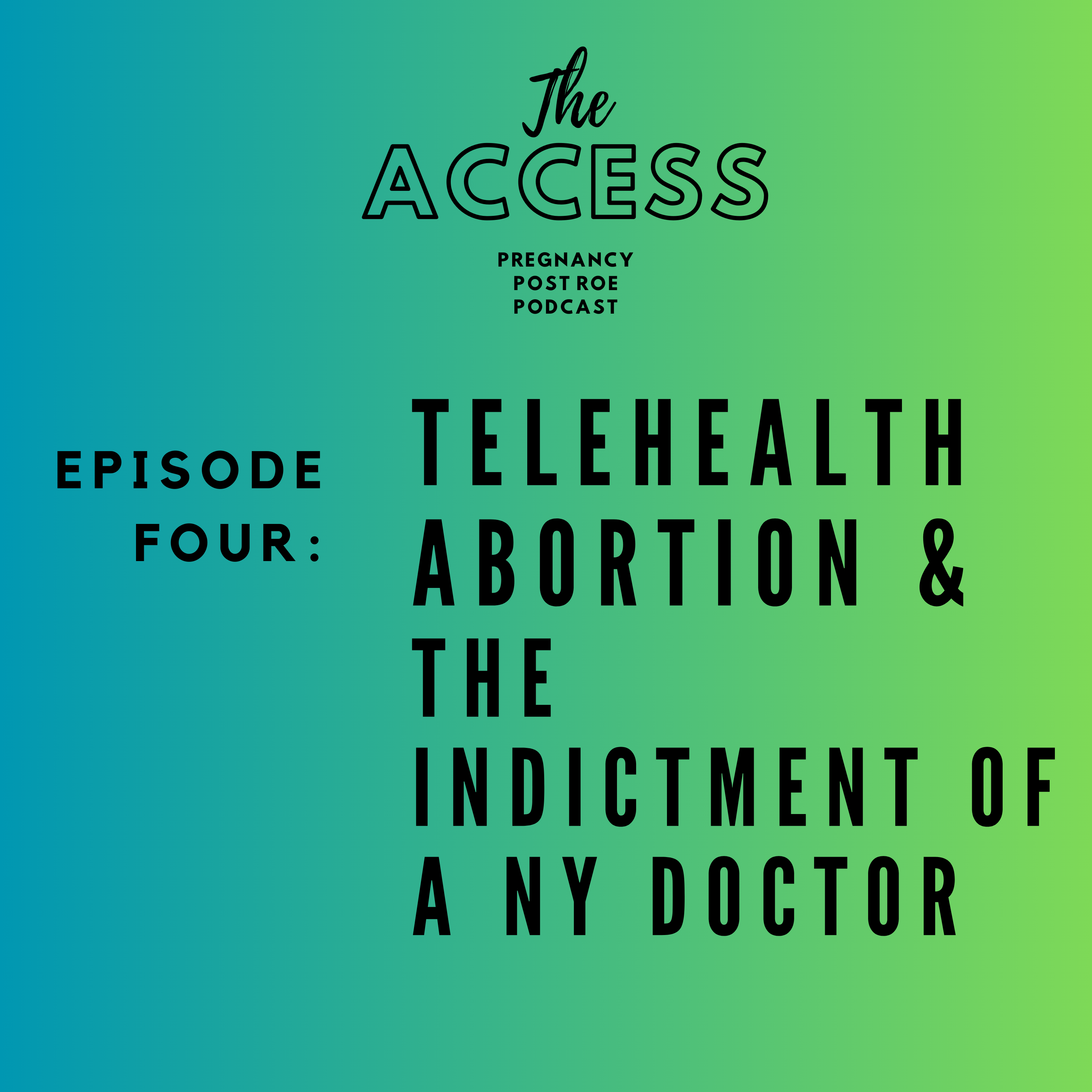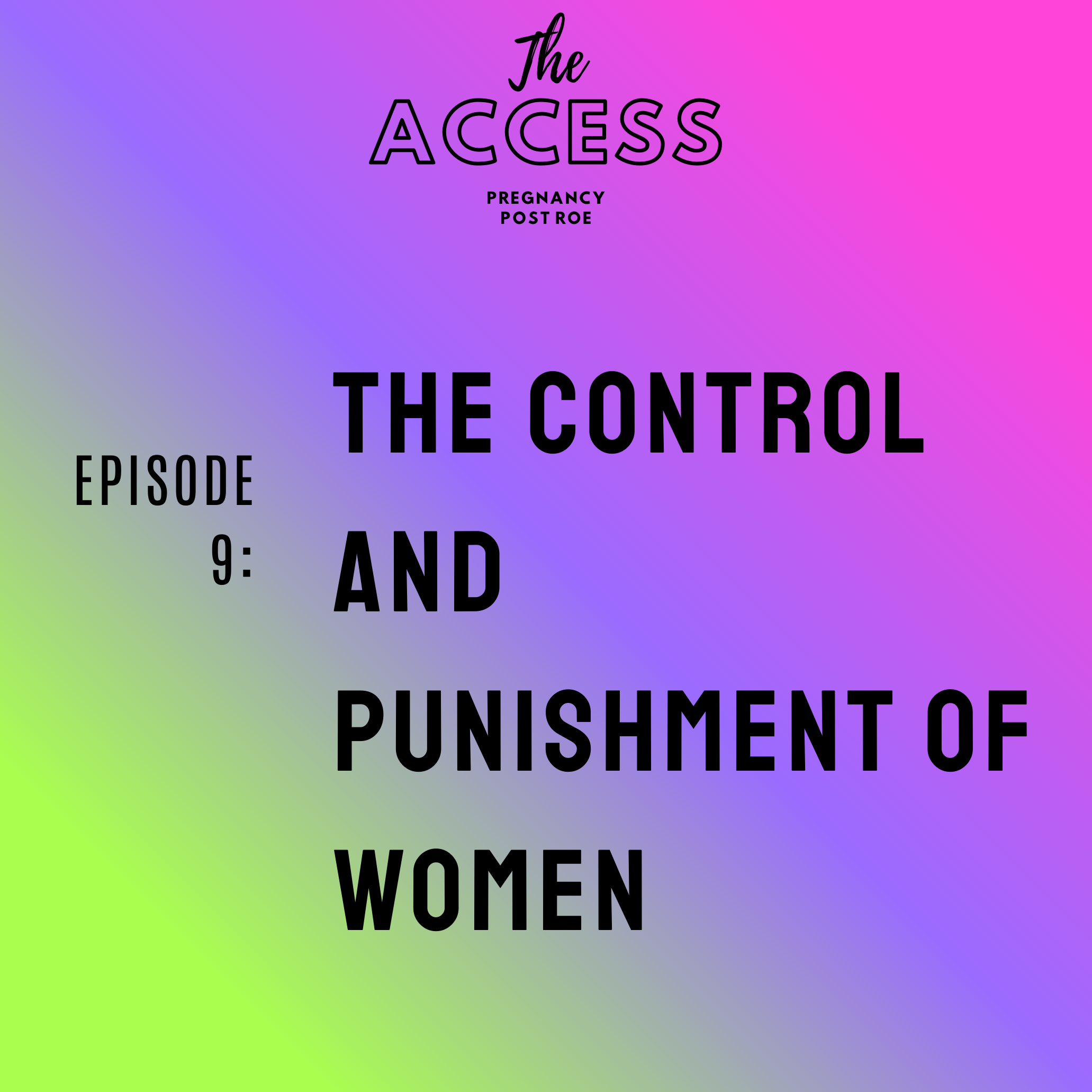Episode Transcript
[00:00:01] Before we begin, this episode contains content that some listeners may find sensitive. Listener discretion is advised.
[00:00:29] This is the Access Pregnancy Post Roe Podcast and I am Mia Brun.
[00:00:37] We began our first mini episode on Amanda Zaroski, the original plaintiff in the case Zarawski vs. State of Texas.
[00:00:47] As we continue to focus on women who abortion bans have directly impacted. In today's episode, we will describe the remaining original plaintiffs stories from this case.
[00:01:02] The Zyrowski v. State of Texas was a significant legal case that addressed the complexities of medical exceptions within Texas's restrictive abortion laws. The lawsuit centered on the medical emergency exceptions within Texas's abortion bans. The plaintiffs argued that these exceptions are too vague and that they create a situation where doctors are afraid to provide necessary medical care to pregnant patients even when their health is at serious risk.
[00:01:39] Lauren Miller was eight weeks pregnant when she was hospitalized for severe nausea, vomiting and dehydration.
[00:01:48] She was diagnosed with hyperemesis gravidarum, which is a condition posing significant risk to the patient and her pregnancy. Unlike morning sickness, which may involve occasional nausea and vomiting, HG involves persistent and excessive vomiting, often multiple times a day. The frequent vomiting can lead to significant dehydration, which can be dangerous for both the mother and the baby.
[00:02:20] She also learned that she was pregnant with twins. When Lauren was 12 weeks pregnant, she was told that one of her twins had tried Isomy 18, which is a condition that causes multiple structural abnormalities and makes the fetus unlikely to survive to birth. Of those babies born alive, a significant percentage die within the first week or month of life.
[00:02:47] Texas's abortion bans would not allow doctors to perform a fetal reduction procedure despite it being necessary to give Lauren and the second fetus the best chance of survival. A fetal reduction procedure, also known as selective reduction, is a medical procedure performed during a multiple pregnancy twins, triplets or more to reduce the number of fetuses in the womb.
[00:03:15] Lauren would be hospitalized again at 15 weeks of pregnancy due to hyperemesis gravidarum. After this hospital stay, Lauren traveled to the state of Colorado to obtain the fetal reduction abortion. She recovered and has since given birth to a healthy son.
[00:03:40] Another woman impacted by Texas abortion ban was Lauren Hall. At 18 weeks pregnant, she discovered that her fetus had aneciphili, a condition that prevents the fetus from developing a skull.
[00:03:55] Her fetus had no chance of survival, and continuing the pregnancy posed severe risks to her, including hemorrhage and preterm birth.
[00:04:06] Even though her fetus would have no chance at survival and could create complications for Lauren's health. Her obstetrician refused to provide her with an abortion or help in any way. Her medical specialist was also afraid to give her a referral for an abortion out of state and and refused to send her medical records.
[00:04:29] Lauren was forced to travel out of state to obtain an abortion at a clinic outside of Seattle.
[00:04:40] Anna Zargarian from Austin, Texas was 19 weeks pregnant when her water broke and she began cramping.
[00:04:48] Doctors told Anna in the emergency room that there was no chance her baby would survive and based on her condition, she was at risk of infection, hemorrhage and sepsis.
[00:05:00] She was told that she would need an abortion but would not be able to obtain one in Texas.
[00:05:07] Anna decided to fly to Colorado for an abortion despite her fear of going into labor on the way.
[00:05:14] Since this traumatic event, Anna states that she still wants to have children but is scared to go through another pregnancy in the state of Texas.
[00:05:28] Ashley Brandt, a resident in Dallas, Texas, was pregnant with twins and at 12 weeks she learned that one of the twins had a crania. A crania is a rare and fatal birth defect in which the fetal skull fails to form properly. Fetuses with a crania typically do not survive to birth or they die shortly after birth. The longer she remained pregnant with both twins, the less likely it was that both would survive the pregnancy.
[00:06:00] Due to Senate Bill 8, Ashley's doctors advised her that she would need to travel out of state to obtain a fetal reduction abortion procedure.
[00:06:10] Ashley traveled to Colorado for this procedure.
[00:06:14] Once she was back in Texas, her doctors were reluctant to acknowledge that she had had an abortion. The remainder of Ashley's pregnancy was spent with worry about her life and her baby's life until she was able to deliver when she reached full term.
[00:06:34] The case of Zyrowski v. State of Texas was aimed to clarify the scope of these medical exceptions and to allow doctors to use their professional judgment in determining when an abortion is medically necessary. Their experiences highlight the real world consequences of the state's abortion bans and the fear among doctors of facing legal repercussions.
[00:07:01] The court rejected claims brought by the 20 women who were denied abortions despite dire pregnancy complications.
[00:07:09] The court declined to provide a clearer definition of the medical emergency exceptions within the state's abortion bans. This leaves doctors with continued uncertainty about when they can legally provide abortion care.
[00:07:26] We will dedicate our next mini episode to the narratives of the additional plaintiffs in this legal action detailing the consequences of the Texas abortion ban.


